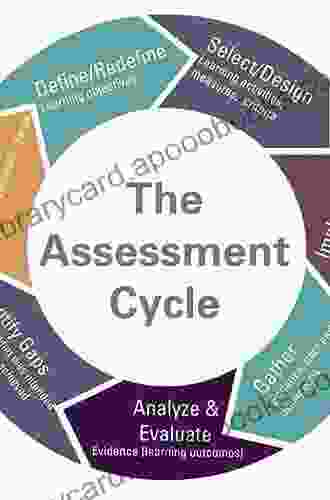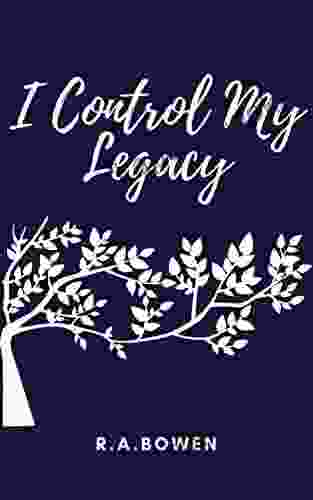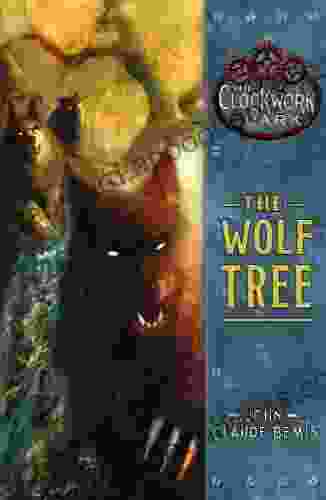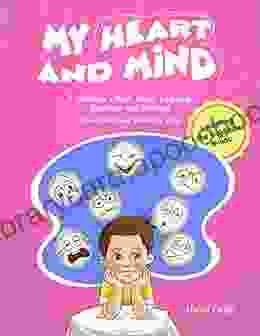Assessment That Informs Teaching and Learning: An Essential Guide to Improving Student Outcomes

Assessment is an integral part of the teaching and learning process. It provides valuable information about what students know and can do, which can be used to tailor instruction and support student learning. When assessment is used effectively, it can help to improve student outcomes and ensure that all students are reaching their full potential.
There are many different types of assessments that can be used in the classroom. Some assessments are formal, such as tests and quizzes, while others are informal, such as observations and homework assignments. Each type of assessment has its own strengths and weaknesses, and the best way to use assessment is to choose the right type of assessment for the purpose at hand.
4.6 out of 5
| Language | : | English |
| File size | : | 3755 KB |
| Text-to-Speech | : | Enabled |
| Screen Reader | : | Supported |
| Enhanced typesetting | : | Enabled |
| Print length | : | 11 pages |
| Lending | : | Enabled |
In this article, we will explore the different types of assessments that can be used in the classroom, and we will discuss how to use assessment effectively to improve student learning. We will also provide tips for creating assessments that are fair, valid, and reliable.
What is Assessment?
Assessment is the process of gathering information about student learning. This information can be used to make decisions about instruction, to identify students who need additional support, and to evaluate the effectiveness of teaching methods.
There are many different ways to assess student learning. Some common types of assessments include:
* Tests and quizzes * Observations * Homework assignments * Projects * Portfolios * Interviews
The type of assessment that you use will depend on the purpose of the assessment and the age and developmental level of the students.
Why is Assessment Important?
Assessment is important because it provides valuable information about student learning. This information can be used to:
* Tailor instruction to meet the needs of individual students * Identify students who need additional support * Evaluate the effectiveness of teaching methods * Make decisions about placement and promotion * Communicate with parents and other stakeholders about student progress
When assessment is used effectively, it can help to improve student outcomes and ensure that all students are reaching their full potential.
How to Use Assessment Effectively
There are many factors to consider when using assessment effectively. Some important considerations include:
* The purpose of the assessment * The age and developmental level of the students * The type of assessment * The fairness, validity, and reliability of the assessment * The way that the assessment results are used
It is important to choose the right type of assessment for the purpose at hand. For example, if you want to assess students' understanding of a concept, you might give them a test or quiz. If you want to assess students' ability to apply a skill, you might give them a project or homework assignment.
It is also important to ensure that the assessment is fair, valid, and reliable. A fair assessment is one that is unbiased and does not discriminate against any particular group of students. A valid assessment is one that measures what it is supposed to measure. A reliable assessment is one that produces consistent results when it is given to the same students on different occasions.
Once you have collected assessment data, it is important to use it to make informed decisions about instruction. This might involve adjusting your teaching methods, providing additional support to students who need it, or making changes to the curriculum.
It is also important to communicate assessment results with parents and other stakeholders. This can help to keep everyone informed about student progress and to build a strong partnership between home and school.
Tips for Creating Effective Assessments
Here are some tips for creating effective assessments:
* Make sure that the assessment is aligned with the learning objectives. * Choose the right type of assessment for the purpose at hand. * Make sure that the assessment is fair, valid, and reliable. * Provide clear instructions to students. * Give students enough time to complete the assessment. * Score the assessment fairly and accurately. * Use the assessment results to make informed decisions about instruction. * Communicate assessment results with parents and other stakeholders.
By following these tips, you can create effective assessments that will help you to improve student learning and ensure that all students are reaching their full potential.
Assessment is an essential part of the teaching and learning process. When assessment is used effectively, it can help to improve student outcomes and ensure that all students are reaching their full potential. By choosing the right type of assessment, ensuring that the assessment is fair, valid, and reliable, and using the assessment results to make informed decisions about instruction, you can create effective assessments that will help your students to learn and grow.
4.6 out of 5
| Language | : | English |
| File size | : | 3755 KB |
| Text-to-Speech | : | Enabled |
| Screen Reader | : | Supported |
| Enhanced typesetting | : | Enabled |
| Print length | : | 11 pages |
| Lending | : | Enabled |
Do you want to contribute by writing guest posts on this blog?
Please contact us and send us a resume of previous articles that you have written.
 Book
Book Novel
Novel Page
Page Chapter
Chapter Text
Text Story
Story Genre
Genre Reader
Reader Library
Library Paperback
Paperback E-book
E-book Magazine
Magazine Newspaper
Newspaper Paragraph
Paragraph Sentence
Sentence Bookmark
Bookmark Shelf
Shelf Glossary
Glossary Bibliography
Bibliography Foreword
Foreword Preface
Preface Synopsis
Synopsis Annotation
Annotation Footnote
Footnote Manuscript
Manuscript Scroll
Scroll Codex
Codex Tome
Tome Bestseller
Bestseller Classics
Classics Library card
Library card Narrative
Narrative Biography
Biography Autobiography
Autobiography Memoir
Memoir Reference
Reference Encyclopedia
Encyclopedia Katalina Rourke
Katalina Rourke Kim Mccaskey
Kim Mccaskey Lauren M Bloom
Lauren M Bloom Steve Saroff
Steve Saroff Brian C H Fong
Brian C H Fong Diane Ravitch
Diane Ravitch Mark Blickley
Mark Blickley Amalie Howard
Amalie Howard Thomas O Mcgarity
Thomas O Mcgarity Amber L Dudley
Amber L Dudley Ami J Abou Bakr
Ami J Abou Bakr Taylor Swift
Taylor Swift Larry Ferlazzo
Larry Ferlazzo Lori Foster
Lori Foster Jacqueline Leckie
Jacqueline Leckie Alice S Rossi
Alice S Rossi Lett S Go Travel
Lett S Go Travel M Culler
M Culler Richard Benson
Richard Benson Amy Lowell
Amy Lowell
Light bulbAdvertise smarter! Our strategic ad space ensures maximum exposure. Reserve your spot today!
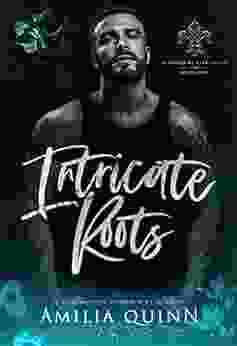
 Jamison CoxImmerse Yourself in Intricate Roots: Unveil the Enchanting Saga of Crescent...
Jamison CoxImmerse Yourself in Intricate Roots: Unveil the Enchanting Saga of Crescent...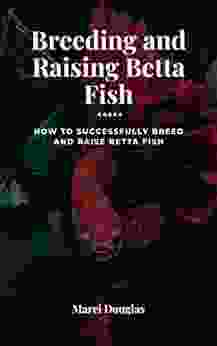
 Daniel KnightThe Liberalization of Transportation Services in the EU and Turkey: Reshaping...
Daniel KnightThe Liberalization of Transportation Services in the EU and Turkey: Reshaping... Rob FosterFollow ·12.3k
Rob FosterFollow ·12.3k Manuel ButlerFollow ·10k
Manuel ButlerFollow ·10k William PowellFollow ·2.6k
William PowellFollow ·2.6k Jorge AmadoFollow ·18.9k
Jorge AmadoFollow ·18.9k Ted SimmonsFollow ·2.9k
Ted SimmonsFollow ·2.9k Colby CoxFollow ·3.3k
Colby CoxFollow ·3.3k Felix CarterFollow ·4.3k
Felix CarterFollow ·4.3k Morris CarterFollow ·11.4k
Morris CarterFollow ·11.4k
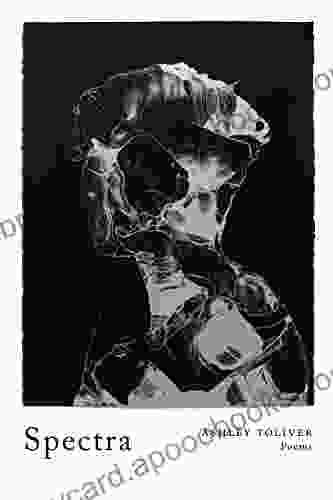
 Roald Dahl
Roald DahlImmerse Yourself in a Mesmerizing Tapestry of Creativity:...
Prepare to be captivated by "Spectra," an...
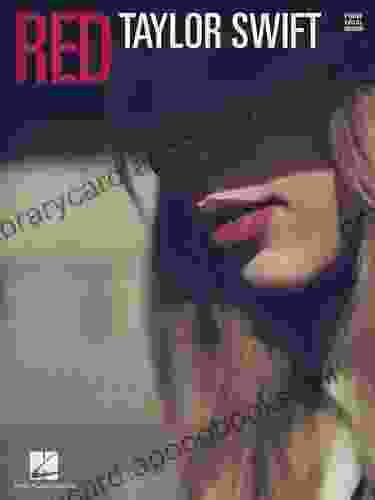
 Clarence Brooks
Clarence BrooksUnleash Your Inner Taylor with Red Piano Vocal Guitar:...
Embrace the Red Era...
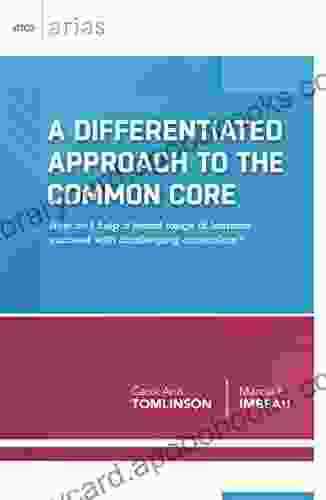
 Jeffrey Hayes
Jeffrey HayesUnlock Your Child's Academic Potential: A Comprehensive...
In today's rapidly changing...
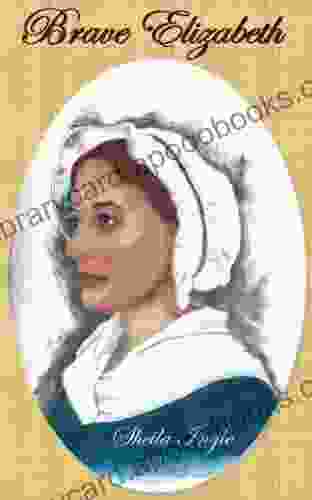
 William Golding
William GoldingBrave Elizabeth: A Captivating Tale of Resilience and...
Immerse Yourself in a Riveting Historical...
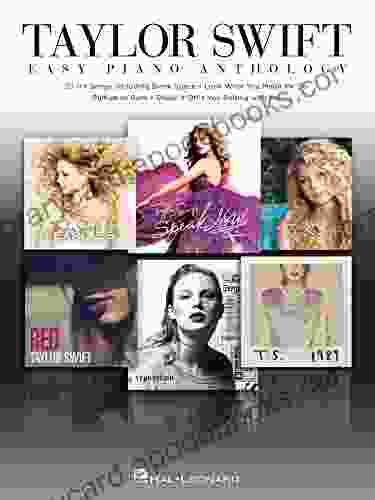
 Curtis Stewart
Curtis StewartUnveiling the Heartfelt Melodies of Taylor Swift: A...
Step into the enchanting world of Taylor...
4.6 out of 5
| Language | : | English |
| File size | : | 3755 KB |
| Text-to-Speech | : | Enabled |
| Screen Reader | : | Supported |
| Enhanced typesetting | : | Enabled |
| Print length | : | 11 pages |
| Lending | : | Enabled |


